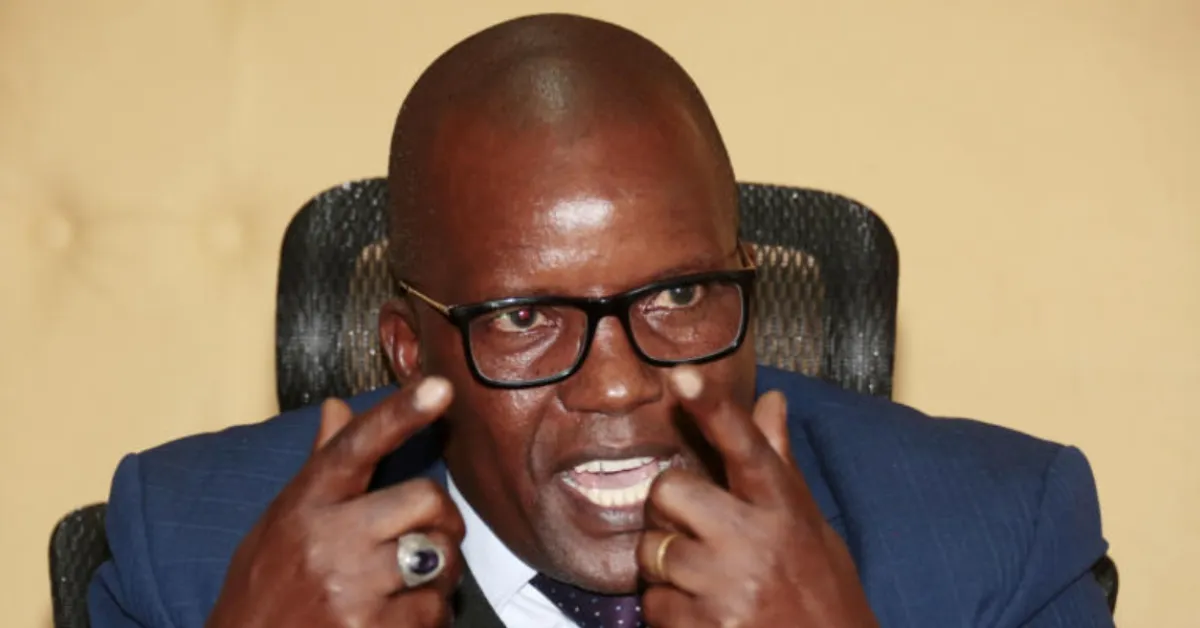Kenya Helpless on Aviator Ban as Game Operates Outside National Jurisdiction

Kenya's Betting Control and Licensing Board (BCLB) is spearheading sweeping regulatory reforms aimed at tightening control over the country's burgeoning betting industry.
The proposals, which include significantly increased capital thresholds for licensing and stricter advertising standards, come as a parliamentary committee scrutinises the operations of betting firms, with particular focus on the popular online Aviator game of chance. The National Assembly's Finance and National Planning Committee, chaired by Molo MP Kuria Kimani, is currently investigating the sector amid rising fears that gambling fuels financial hardship, particularly among young adults.
The Aviator game, developed by Warsaw-based SPRIBE, has become a central point of contention, with lawmakers questioning its legal status and societal impact. BCLB director Peter Mbugi told the committee that Kenyan jurisdiction does not extend to deregistering Aviator due to the company's foreign domicile. He acknowledges the game's widespread popularity, noting that "The aviator has swiftly risen to prominence as one of the most sought after gambling games globally," and its success has inspired numerous imitations.
Mr Mbugi further explains that gambling operators worldwide are continuously refining similar aviation-themed games, enhancing bonuses and user experience to expand their reach among gamblers. The debate was sparked by Gilgil MP Martha Wangari, who voiced concerns about the aggressive promotion of Aviator on Kenyan media platforms. She warned that pervasive marketing has infiltrated both urban and rural areas, exacerbating economic vulnerabilities and destabilising families.
Her concerns were echoed by other parliamentarians, who cited cases of students using school fees and parents drawing on savings to gamble. In response to these anxieties, the BCLB is proposing significant regulatory amendments to curb the proliferation of betting companies, which currently number 236. A key proposal is a dramatic increase in capital thresholds for licensing. Small-scale operations, known locally as Muaka shops, would need to invest a minimum of Sh50 million, while larger casinos would face a Sh5 billion threshold.
Online betting platforms and the national lottery would be required to deposit Sh200 million to secure operational licences. These stricter requirements mark a substantial departure from the current minimum registration fee of Sh10,000. The BCLB hopes the proposed capital conditions will strengthen consumer protection and instil accountability across the sector, weeding out speculative operators and ensuring market entry only for financially stable firms. Alongside capital controls, the board is advocating for tighter operational standards.
Prospective gamblers may soon be required to undergo identity verification, including providing a photograph of themselves holding their national identity card, to curb underage gambling and improve traceability. Advertising regulations are also set for a significant overhaul. Under the proposed Bill, all gambling-related promotions would require prior clearance from the Kenya Film Classification Board and would be restricted to post-watershed hours. Furthermore, advertisements would need to include prominent warnings, such as "Gambling is Addictive! Gamble/Play Responsibly," and avoid glamorising gambling behaviour.
Mr Mbugi reveals that the BCLB has already stopped authorising outdoor advertising and is actively discouraging inducements like daily jackpots, discounts, and free bets, which it considers predatory marketing strategies. The extent of the government’s financial involvement in the sector has also been brought into focus. Over the past seven financial years, betting companies have contributed Sh96.7 billion in taxes, peaking at Sh22.3 billion in the 2023/24 fiscal year. As of January 2025, the Kenya Revenue Authority had already collected Sh14.5 billion in taxes from the sector.
Betting firms are subject to a 15 percent excise duty on stakes, a 20 percent withholding tax on net winnings, and a 50 percent gaming tax on gross revenue. Corporate profits are additionally taxed under standard business provisions.
Despite these substantial revenue streams, Mr Mbugi concedes that Kenya’s regulatory framework is outdated, with existing legislation dating back to 1966.
The limitations of these laws have become increasingly evident with digital transformation and transnational gaming models, necessitating urgent and comprehensive legislative reform.














Add new comment